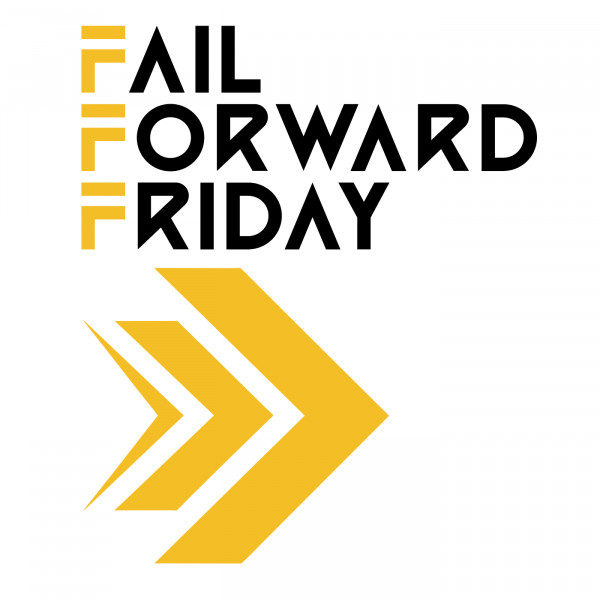
Fail Forward #20 | Don't Say in Private What You're not Will to Repeat in Public | Malesela & Roche
Loading player...
In this explosive episode of Fail Forward Friday, Malesela and Roche dive headfirst into the fiery world of public blunders, scandals, and career-ending missteps. The duo kicks things off with the dramatic expulsion of South Africa’s ambassador to the U.S., Ebrahim Rasool, whose candid remarks about the new U.S. administration’s "supremacist" leanings sparked a diplomatic inferno. The hosts debate whether Rasool’s timing was off or if the U.S. was just waiting for an excuse to flex its political muscle. From there, they dissect Adidas’ jaw-dropping blunder of congratulating Boston Marathon runners for "surviving" the bombing—a tone-deaf move that left the internet gasping. The conversation heats up as they tackle Kanye West’s infamous "slavery was a choice" comment, questioning whether his unfiltered ego or a deeper misunderstanding led to his Adidas deal imploding.
The drama escalates as Roche and Malesela unpack Elon Musk’s controversial Nazi salute, a moment that left the world questioning whether it was a spontaneous misstep or a revealing glimpse into his beliefs. The hosts clash over whether Musk’s power blinds him to consequences or if the public is too quick to judge. Then, they shift to the shocking insensitivity of corporate ads, like Clicks’ racially charged hair campaign and the infamous "feed a child" ad, which likened black children’s living conditions to dogs. These examples expose the dangers of echo chambers and the dire need for diversity in decision-making rooms. The tension peaks as they revisit Will Smith’s Oscar slap, a split-second emotional explosion that overshadowed his career-defining win and left audiences divided on accountability versus human frailty.
Closing out the episode, the hosts reflect on the brutal lessons learned from these high-profile failures. Roche emphasises the power of self-awareness and humility, quoting former President Kgalema Motlanthe: "Don’t say in private what you’re not willing to repeat in public." Malesela counters with the harsh reality that ego and unchecked power often lead to self-destruction, as seen with figures like Papa John’s founder John Schnatter, whose racial slur tanked his empire, and John Lennon, whose claim of being "more popular than Jesus" backfired spectacularly. The episode ends with a fiery call to action, urging viewers to learn from these cautionary tales before their own missteps go viral. One thing’s clear: in the court of public opinion, there’s no undo button.
The drama escalates as Roche and Malesela unpack Elon Musk’s controversial Nazi salute, a moment that left the world questioning whether it was a spontaneous misstep or a revealing glimpse into his beliefs. The hosts clash over whether Musk’s power blinds him to consequences or if the public is too quick to judge. Then, they shift to the shocking insensitivity of corporate ads, like Clicks’ racially charged hair campaign and the infamous "feed a child" ad, which likened black children’s living conditions to dogs. These examples expose the dangers of echo chambers and the dire need for diversity in decision-making rooms. The tension peaks as they revisit Will Smith’s Oscar slap, a split-second emotional explosion that overshadowed his career-defining win and left audiences divided on accountability versus human frailty.
Closing out the episode, the hosts reflect on the brutal lessons learned from these high-profile failures. Roche emphasises the power of self-awareness and humility, quoting former President Kgalema Motlanthe: "Don’t say in private what you’re not willing to repeat in public." Malesela counters with the harsh reality that ego and unchecked power often lead to self-destruction, as seen with figures like Papa John’s founder John Schnatter, whose racial slur tanked his empire, and John Lennon, whose claim of being "more popular than Jesus" backfired spectacularly. The episode ends with a fiery call to action, urging viewers to learn from these cautionary tales before their own missteps go viral. One thing’s clear: in the court of public opinion, there’s no undo button.